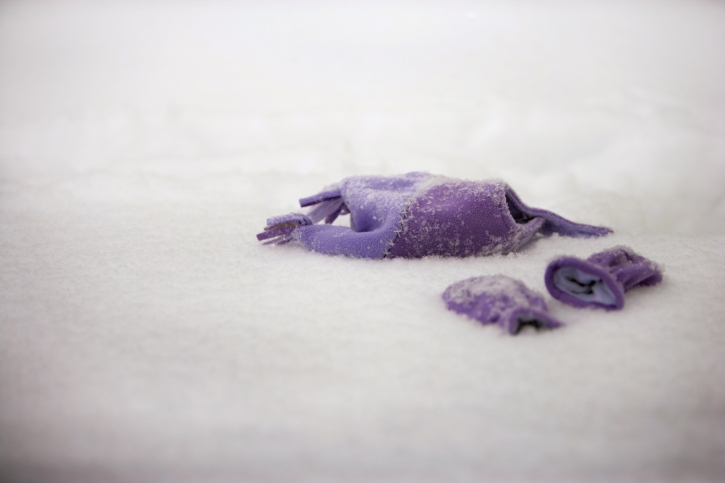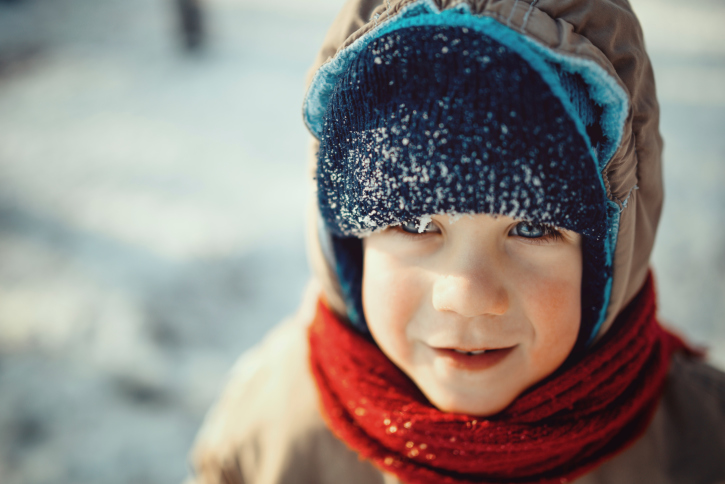From recording breaking double-digit temperatures on Christmas Eve, to snow squalls and extreme cold temperatures just a couple weeks later, as Canadians, we are weather chameleons constantly reacting to the ever-changing conditions.
Can you guess which of these statements is true?
If you are outside in extremely cold weather:
A) Your eyeballs could freeze
B) You’ll want to pee
C) You might become so confused, you start undressing
If you answered ‘true’ to all three of the above, you would be RIGHT!
So how or why do these things happen?
Your eyeballs could freeze (yes really!) if you are exposed to extremely cold winds without goggles; you’ll want to pee because your body is trying to get rid of excess fluid; and you might become confused and start undressing because your body is shutting down and you’ll feel like you are burning up when you’re actually losing heat faster than ever.
While these situations are unlikely in our everyday lives, these are some of the ways that our bodies start to react in extremely cold temperatures.
When you listen to the weather forecast, it is especially important to pay attention to the wind chill factor. The strong winds make our bodies lose heat faster, and so the wind chill tells us how cold it will feel outside.
When the wind chill reaches -30°C, most people will start to feel the effects of frostbite after being outside for 30 minutes.
Frostbite happens once the skin and underlying tissue in our fingers and toes start to freeze. The area will become white, hard and numb.
What can you do to protect yourself from frostbite when it is very cold outside?
Here are 5 simple steps you can take:
- Know the weather conditions and pay attention to local forecasts.
- Dress in layers with a wind resistant outer layer.
- Don’t drink alcohol, it will make you feel warm even though you are losing heat.
- Keep moving to help your body stay warm.
- Find shelter and limit the time you spend outside.
While our winter has been milder this year than in the past, we are expecting more of a ‘classic winter’ for the second half of the season.
 It is important to keep track of the weather forecast, and to be prepared for any sudden changes in the temperature. This is especially important for young children, the elderly and people without permanent housing.
It is important to keep track of the weather forecast, and to be prepared for any sudden changes in the temperature. This is especially important for young children, the elderly and people without permanent housing.
Keep informed. Follow us on Twitter to stay up-to-date on extreme cold alerts, and stay warm and healthy for the remainder of our winter season.
